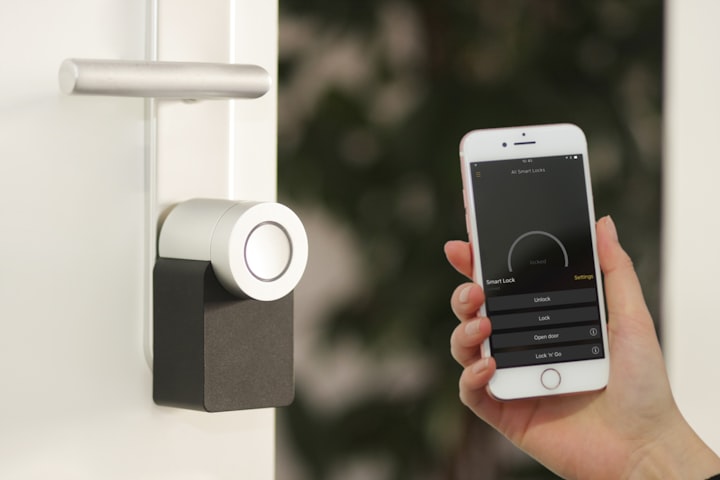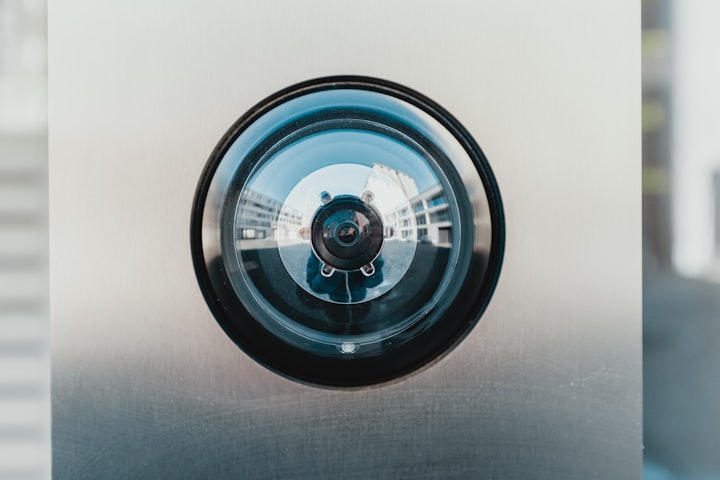Smart home security threats, tips & tricks
Your home is your castle, but sadly a moat and drawbridge no longer come as standard.

Your home is your castle, but sadly a moat and drawbridge no longer come as standard. It is for this reason that more and more of us have started to explore the measures that we can take to protect our homes.
The rise in smart home security has provided a welcome relief for many and has offered that all important peace of mind. So, what should you install, how should you use it best, and how can you stop it being abused?
Whether it is a smart speaker, internet controlled central heating or shopping alerts, smart technology is becoming a familiar feature in many homes. They offer some terrific convenience and have gone a long way to making our lives easier, but this kind of technology can also prove vulnerable if you are not careful.
To explain further, security supplier specialists ISET Solutions, who have a wealth of knowledge in the security tech industry, share their insight for how smart device owners can protect their home and their data, and enjoy the many benefits smart technology can bring.
Keep it to yourself
One thing that all of your smart devices have in common is the amount of data that they hold. From your shopping habits to your bank details, there is not a lot they do not know about you.
This data is incredibly valuable to cyber criminals who can use this to try and hook you into a variety of scams. The easiest solution to this is to avoid sharing any financial details with your smart devices. That means keeping your bank and credit card details to yourself as well as avoiding connecting your email and calendars that might contain sensitive information.
Of course, cyber criminals don’t just want to send you tricky emails, they also want to try and steal your identity with the data that they harvest. This means they can apply for financial products, such as loans and credit cards, in your name and impersonate you in other forms. This is usually obtained through a data breach of the smart-device company, and so limiting the information that you give to the device should guard against this.
Password protection
One thing we can’t avoid giving to smart devices is our password. You will need to give one to your smart device, so make sure it is strong. Include a mixture of upper and lower case letters, numbers and symbols, and make sure it is not a password that you use elsewhere.
You should always try and avoid basing your password around a name, address or date of birth, as these can be very easy to guess.
Many forms of technology now offer two levels of authentication to give you added protection. This might mean answering additional security questions or giving authority through a different app to ensure that if your password is compromised, you are not left unprotected.
Where in the world?
One thing every thief wants to know is where you are. This not only means that they have your address for any scams they want to perform, but can also make it possible to spy on you in real time through cameras and speakers. It might, therefore, be worth setting up a second network for your smart devices as well as steering clear of suspicious links.
Bolt the doors
Sometimes, smart home security can leave us complacent, meaning that security loopholes can be taken advantage of. Smart door locks and surveillance cameras can be used to unlock doors, disable cameras or even keep you out of your own home. It might be worth considering installing things like security door braces and an alarm that is not connected to your smart system to provide extra protection against intruders.
Smart security is great, and it can offer us peace of mind over other conventional systems, however, just as with any other smart device, these products still rely on proper maintenance to ensure their effectiveness, both from a data and technical perspective.
About the Creator
Nick Booth
Nick Booth is the Director of ISET UK Fire & Security Distribution, who specialise in home security and automation technology for trade and businesses within the bio tech, corporate sector and beyond.






Comments
There are no comments for this story
Be the first to respond and start the conversation.